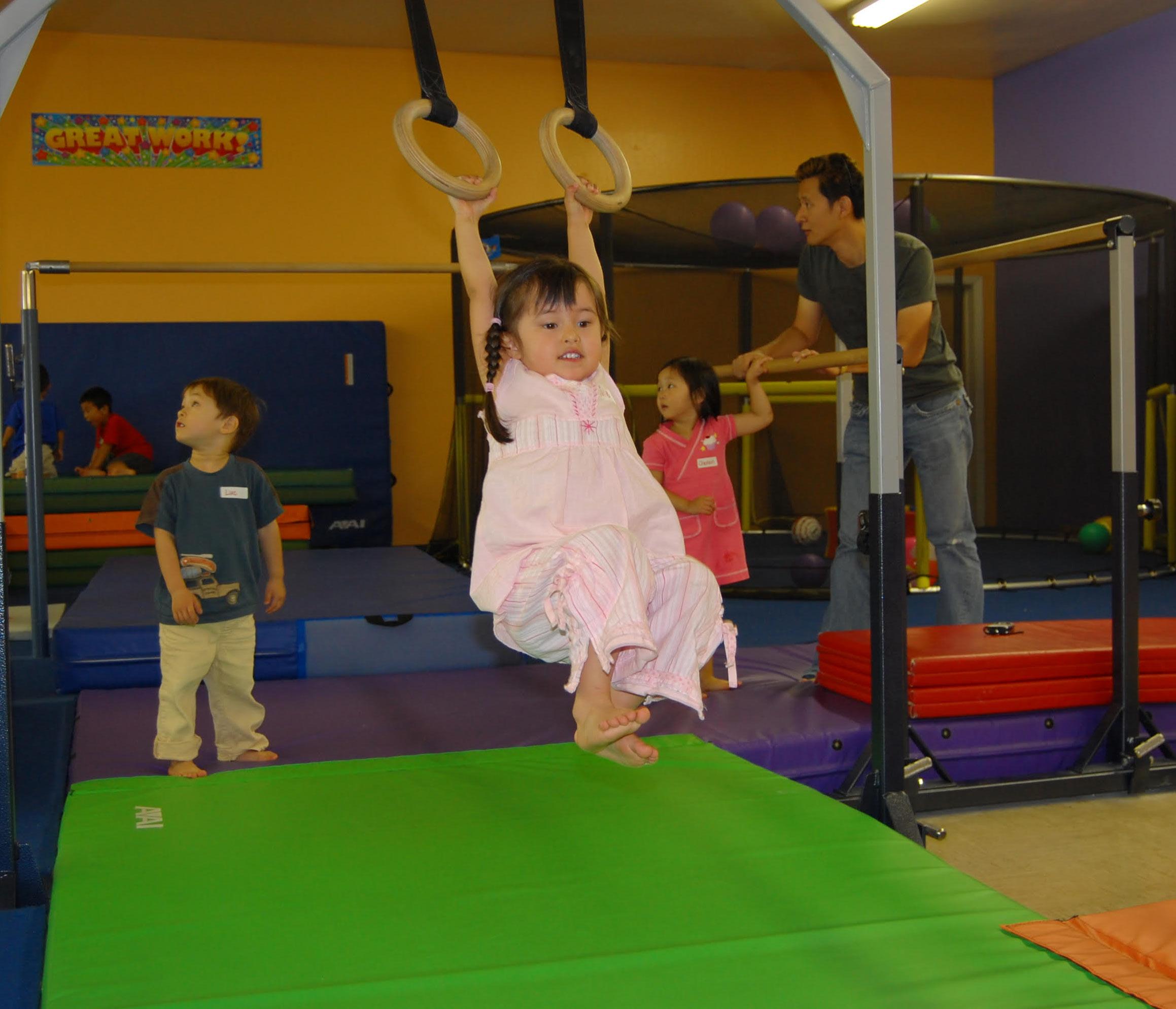The social benefit The social benefit
 Felicia Wagner
Felicia Wagner















 Felicia Wagner
Felicia Wagner



















Iwould like to dedicate this book to my peers at both Mountain View and Los Altos High School. To the hardworking and passion-driven teens that constantly break boundaries and find relief in sharing moments with one another. To those students who silently struggle under the pressure, and still manage to show up for themselves. And to the families and friends who have lost a loved one due to their battle with mental health.

































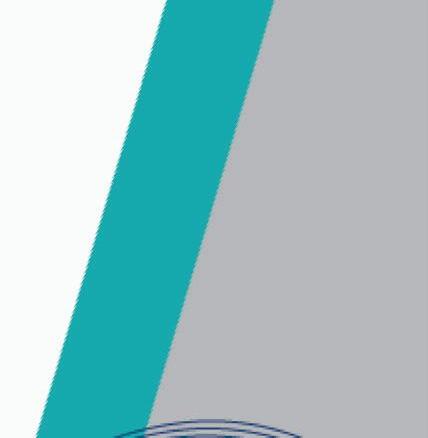














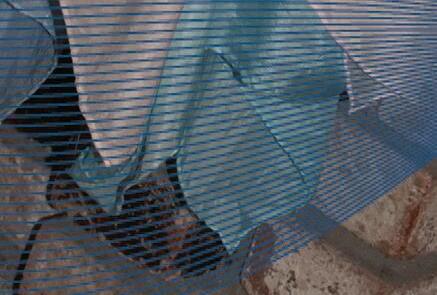
































It is my honor to acknowledge the amazing staff I am so lucky to learn from at Freestyle Academy. Their guidance has made me a better thinker, learner, and doer. Their helpful advice and unique curriculum have helped me create meaningful work. In addition, I would like to acknowledge my mother, who despite living in an environment that prides itself on pushing yourself past the limits, has always encouraged me to stick to what feels comfortable and to define my own success.









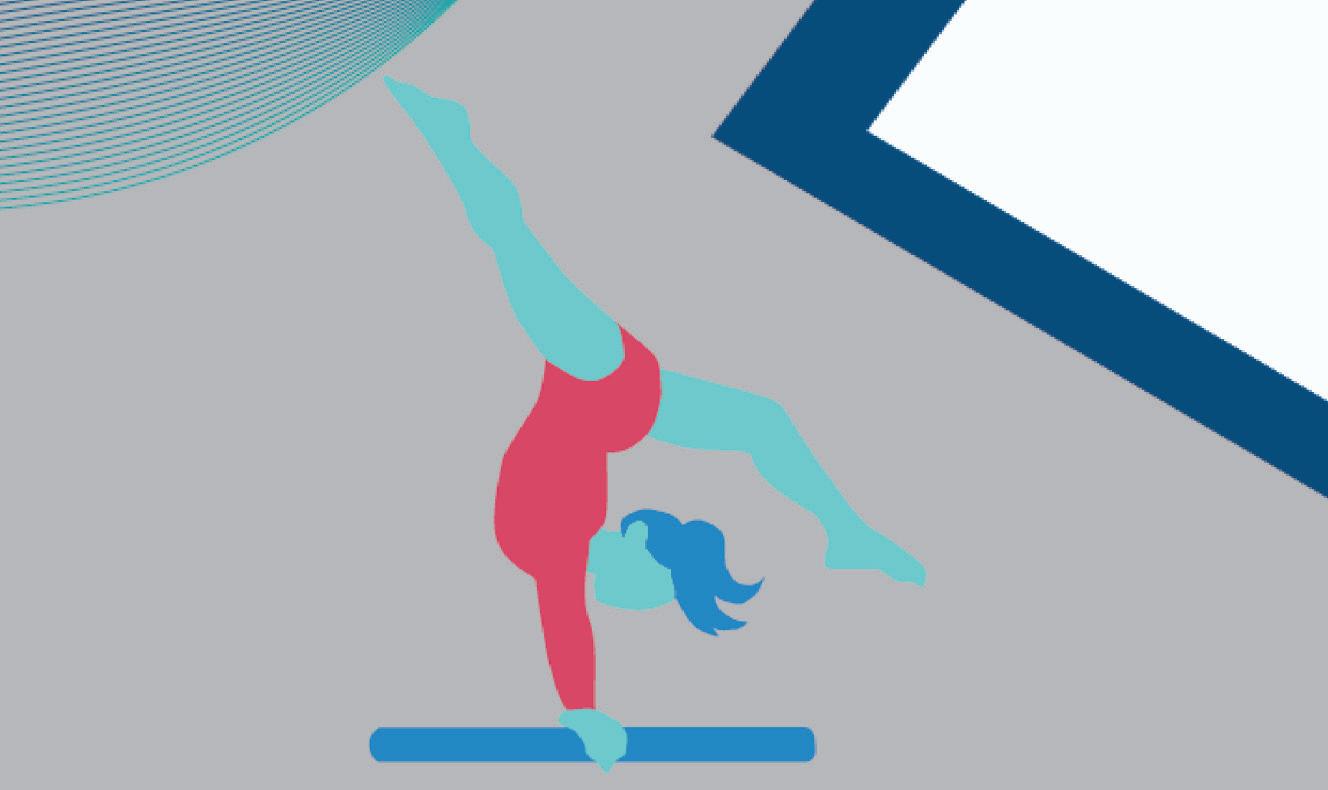


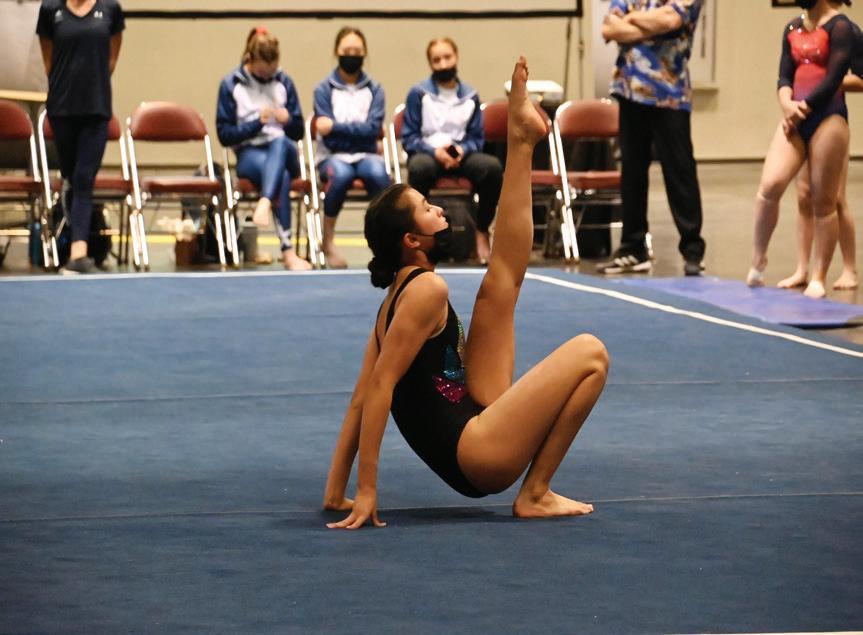
 Top: Julie Bortolato peforming her floor routine , Bottom: Luc bortolato playing during highschool soccer game . Photos by: Cyril Bortolato
Top: Julie Bortolato peforming her floor routine , Bottom: Luc bortolato playing during highschool soccer game . Photos by: Cyril Bortolato
chapter 1
chapter 2


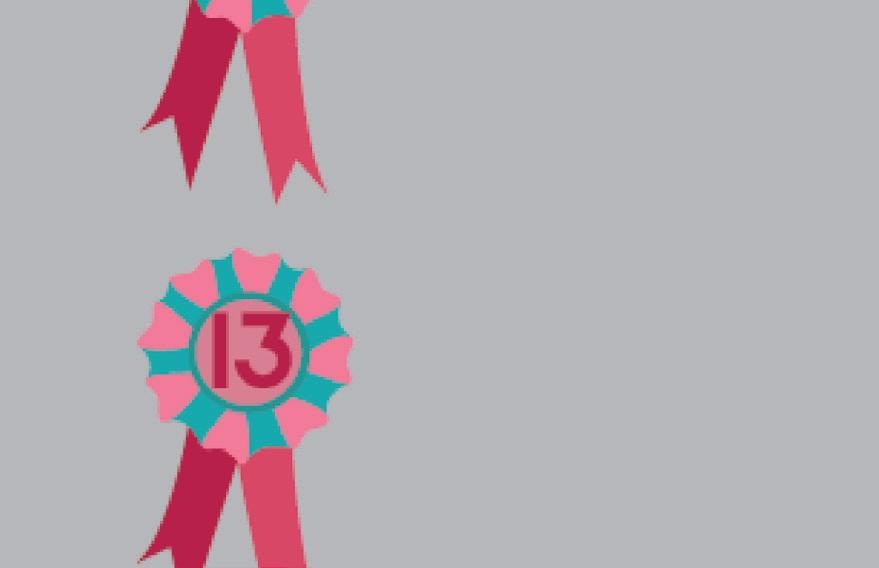
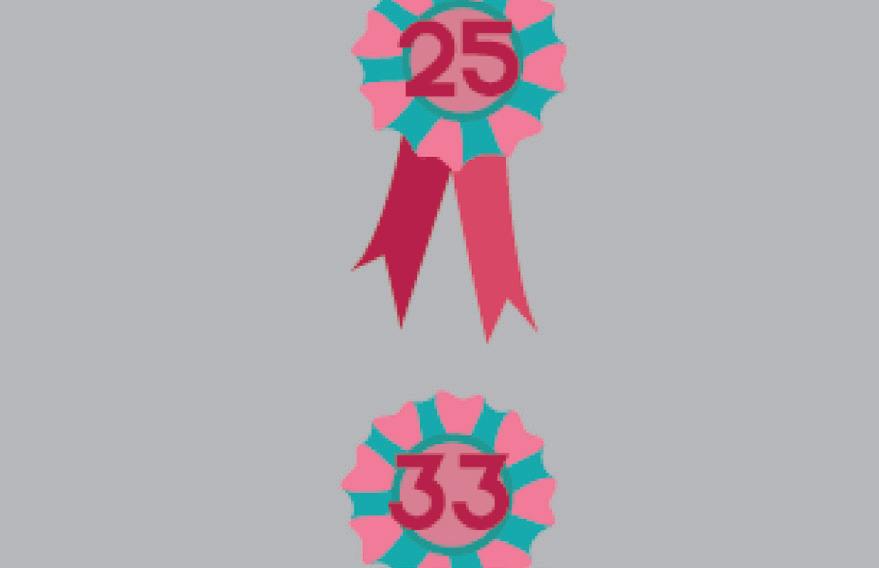

author’s bio









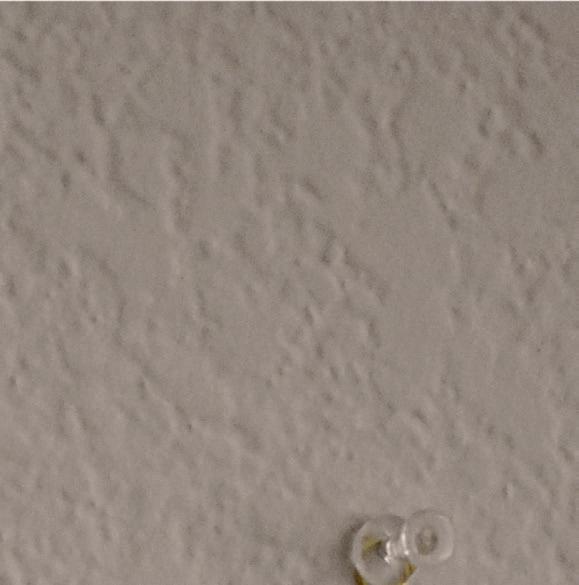




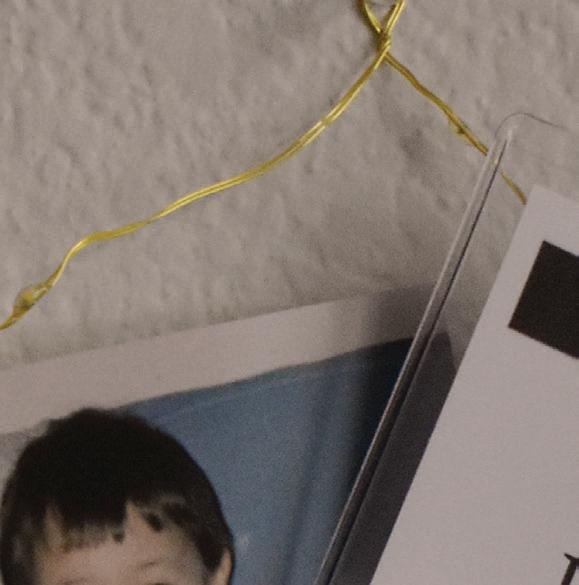
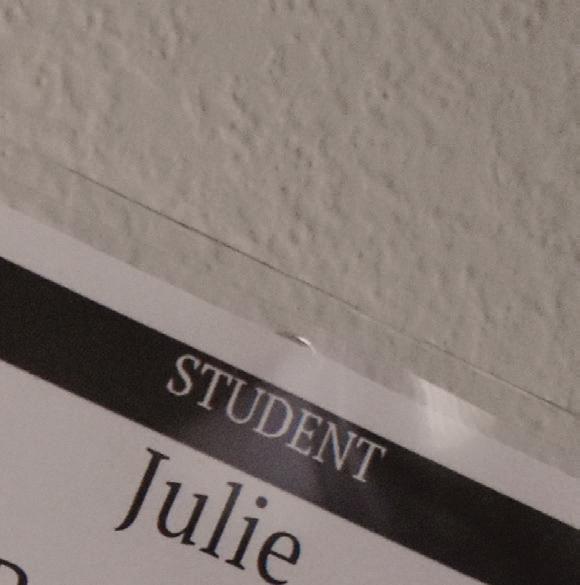





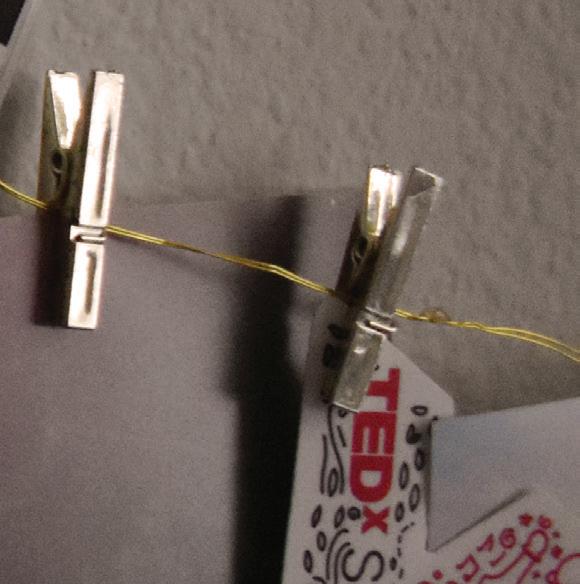







athletic schedule and obtaining good grades. While I may have been on many teams, my season consisted of bench warming by choice. From a young age, I felt the stress of being too overwhelmed with school. This required too much brain energy to be spent throughout the day to commit myself to any after school sports. I wondered, how do committed student-athletes maintain their success? Most people believed they simply had to hustle and overextend their schedules. No one was talking about the benefit of bringing body, mind, and soul to a pause and sharing time with the people you love.
 page: photos hung in Julie’s room
page: photos hung in Julie’s room
























During a brisk winter night, a soft smile presents the crowd, with her long brown hair that falls perfectly upon her varsity gymnastics windbreaker. While hugging familiar faces, Julie Bortolato has crept into the first 15 minutes of her brother’s game. It’s a Tuesday night at Mountain View High School and teens and parents have gathered to watch varsity soccer compete against various teams. After the crowd celebrates, and the whistle gets blown a prideful smile comes running from the other side of the field. Just trying to catch his breath while drops of sweat fly behind him, Luc Bortolato thanks the crowd for supporting him and acknowledges the presence of his twin sister by a gentle side hug. Although, The Bortolato Twins emit successful stability, Becoming a young adult is not a simple task. During high school, millions of developing brains are maintaining their lives everyday – driving to school, being able to independently do homework, and even making lunch. While all of these seem like trivial tasks, high schoolers often forget the importance of tending to their mental health and wellness. Although, there is a large group of students whose every day routines do not make time for a break: student athletes. Constantly competing to be the best can take up more time than you think, especially when you consider that after school practices
often end after the sun goes down and homework isn’t usually finished until the clock strikes midnight. In other words, as Pleasant Valley High School student-athlete and Sports Editor Owen Gannaway explains, “Balancing sports with homework and other activities outside of school can be a real challenge for many athletes. By taking a break, it allows for athletes to recover and recharge.” These athletes are frequently taught about balance regarding sports and school, but during time outside of those two environments which activities are seen as “beneficial” to the students well being? It is too easily presumed that kids who balance such commitments should spend their time studying or working. However, two student athletes who live in the heart of Silicon Valley, Luc and Julie Bortolato, are proving that the key to student-athlete success is an active social life. With every school year getting more advanced, and every sports season getting more competitive, mental well being can get lost in between games, practices, exams, friends, and family. Most will associate the stress students carry with poor time management or too much time spent outside the house with friends. They often forget the human necessity for social interaction, and how important it is to a hard working student and athlete.

scouts. Luc enjoys spending time with

Luc Bortolato is a 17 year old soccer player who attends Mountain View High School. He has high ambition to play soccer in college, which has carried his skill through many teams, and made him appealing to the eyes of many scouts. Luc enjoys spending time with his friends ranging from classmates to teammates. Luc explains that he values his relationships both on and off the field because “You’re practicing your skills of socializing with people and you’re gonna need that in college and you’re gonna need that everywhere” (L. Bortolato). Luc is also a part of the Mountain View Track team, and is
an avid supporter when he goes to see his friends play in their games as well. His story starts way back in 2014 when following the World Cup with his dad. Luc recalls, “After watching and understanding how to play the game I never looked back, and ever since then I have been playing at a competitive level” (L. Bortolato). Thus, he began to play for Waldorf Middle School. It was here when Luc started to enjoy exercising his abilities; although playing at this level, he wasn’t obtaining the practice he needed to be a “great” player. Alongside him up until 8th grade, Julie took a leap into her passion by attending Mommy and Me gymnastics classes. After going to a recreational gym for years, she finally found the courage to try out for a competitive team in 2017 with a company named Twisters. Ever since joining this team, Julie has grown
“After watching and understanding how to play the game I never looked back, and ever since then I have been playing at a competitive level”
“After watching and understanding how to play the game I never looked back, and ever since then I have been playing at a competitive level”
as an athlete and a person. Being in such a tight knit community, it has taught her to speak up and use her voice to earn her spot in the gym. Julie reflects on how her Coach Erica “Taught me to be more assertive and Confident and to help get out of my shell” (J. Bortolato). For both Luc and Julie, sports have helped them understand the level that they wanted to succeed within their sport, gained skills, and improved their physical mobility.


These are just a few of the physical perks anyone can obtain from playing a sport, but what about the mental benefits? According to Manhattan Medical Arts, “Being good at sports makes you feel good and accomplished and boosts your self-esteem” (“Effect of sports on General Health”). Which hopefully we can all assume is extremely crucial in the lives of high

schoolers. As Julie and Luc’s journey with their sports progress, they start to notice that they can receive the same self-esteem boost through other communities as well, like friends.
Sharing is a skill you need to have perfected in order to be a twin, although luckily when Julie and Luc crossed the golden bridge into high school, they stopped having to call dibs on friends. They had different friend groups, plans, agendas, and schools. Julie began attending a private high school named Saint Francis, and although she has a wide array of great people to surround her, it is harder to make time outside of school to build these

friendships. This is due to the fact that at her school, students come from many different places around the south bay, making it difficult to see each other. Additionally students are also set at a higher standard of academic rigor that they are expected to keep up with. However, because of this Julie has acquired a skill of keeping her work organized and making it a priority before engaging in most social activity. Julie’s priorities are evident: “When [she does] hang out with friends or go out, [she is] confident that [she has] everything under control and [she knows] when to turn things in and [she isn’t} skipping practices or anything” (J. Bortolato). Of course both twins are going to gain and lose different freedoms at both schools. While Julie struggles to maintain some friendships outside of school, Luc has found a strong community at
Mountain View High School that he has started to integrate into his life outside of school. Although Luc enjoys having great people who are just minutes away at all times this can strew his vision on what tasks need to be prioritized. Luc thoughtfully shares that “[he] definitely feel[s] guilty.” Being a twin often entails direct comparisons which he experiences when “[his] parents remind [him] or tell [him] oh, Julie’s studying or Julie’s just staying at home, and working.” However, Luc understands the importance of having a social break. (L. Bortolato)


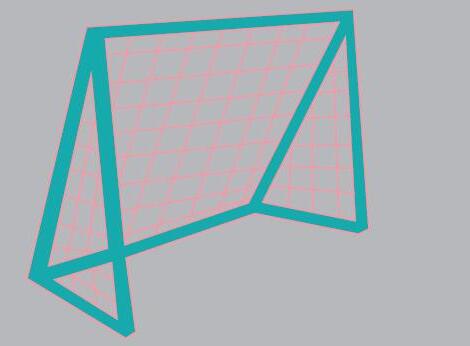


 previous page: Julie and her Twisters team winning 1st place. Photo by: Cyril Bortolato
previous page: Julie and her Twisters team winning 1st place. Photo by: Cyril Bortolato
“Being good at sports makes you feel good and accomplished and boosts your self- esteem”
“Being good at sports makes you feel good and accomplished and boosts your self- esteem”




























Especially after the pandemic, high school was the opportunity for both twins to learn how to maintain balance in their lives.

According to psychologist Abraham Maslow, the human hierarchy of needs, from top to bottom, includes: self-actualization, esteem needs, love and belonging, safety needs, and physiological needs. It is especially hard for high schoolers to differentiate between esteem needs and self-actualization. In fact, Maslow divided esteem into two subcategories: “The esteem a person has for themselves, or selfesteem, and the respect they desire from others.” Self-actualization, on the other hand, comprises “A person knowing themselves, understanding their full potential, and reaching it.” (West)
There are many specific instances throughout the course of adolescence where these two concepts become intertwined with one another. In Julie and Luc’s lives the confusion of both concepts appears more often when both are under pressure. During the first semester of school, Luc wakes up early in the morning and makes his way just down the street to class. Right after the last bell rings, and sometimes before, he rushes straight to soccer practice or a game which lasts until about 7pm. Finally, after a long day, he begins his homework. Additionally during the second semester Luc juggles track practice after school which lasts until about 5:30pm, and club soccer practice. Finally Luc arrives home around 8. On the flip side, Julie drives to school around 8 or

9am and is home close to 4:45pm where she works on homework for a small amount of time before heading off to practice. She returns home around 8pm, to finish up some details on her assignments. Clearly, both students have a lot on their plate, and this can lead to causing both to overextend their schedules. Julie spends her time attacking a pile of homework or trying to fit in friends as a secondary priority. Luc comes home exhausted after a two sport combo and tries not to fall asleep in order to meet a deadline. Both find equal amounts of relief after completion of homework/practice and both like to have the same feeling when their friends laugh at their jokes. For these twins they can have the best of both worlds, but at what cost does it become too much to handle?
During our interview I asked Luc about pressure to perform that can be felt from sports, friends, and school. His response left me wondering how many young student athletes feel this way behind closed doors. He shares “At least my parents, probably other people’s parents [too], go to time management” as being a key reason why it’s difficult to finish tasks. Luc elucidates his side of the story. He explains that “I just don’t think that even with really good time management if you still have sports for four hours after school, both club soccer and track for me” (L. Bortolato). His statement shows that good time management isn’t enough. Overall exhaustion requires a break that time management can’t fix.

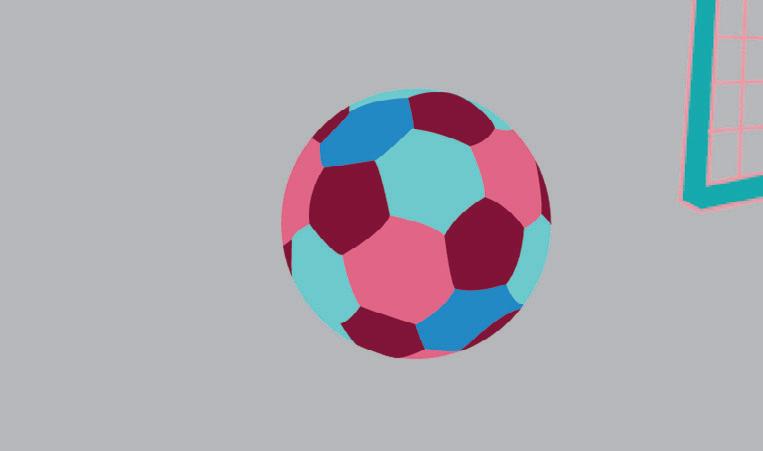








that characterized us evolutionarily, but for a need (Sreenivasan and Weinberger).



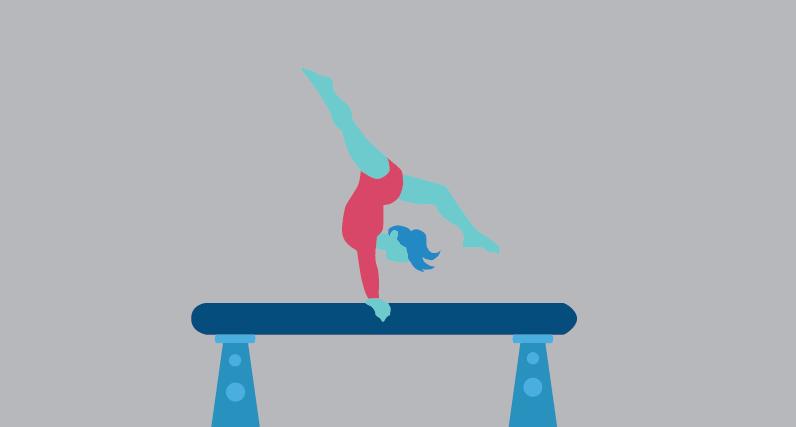


“We need each other maybe not in the ways that characterized us evolutionarily, but for a need that remains essential for psychological survival”
“We need each other maybe not in the ways that characterized us evolutionarily, but for a need that remains essential for psychological survival’’































































There is no doubt that student athletes are appreciated in their school environments; whether this is from a celebration of their titles and winnings, putting them on the front page to highlight the school’s successes, or calling out their names on the morning announcements. But we are often too soon to think that they have it all. Stress in any competitive field is a given, but two fields side by side (school and sports) which provoke entirely different pressures, are getting progressively more tough to handle. Especially in Silicon Valley where there have been cases of young adults taking their lives due to mental health concerns which typically revolve around the subject of pressure and expectations. And on sports teams coaches pride
themselves in pushing athletes in order to obtain greatness and success. Because of this it was not hard to believe that “Among athletes with known mental health conditions, only 10% seek care from a mental health professional” (Bernabe). Luc responds to this statistic: “I think that’s a really prevalent issue. No one’s really talked about it” (L. Bortolato). Julie shares how these pressures get to her: “[she has] definitely felt stressed. The stresses of doing sports and especially second semester when it’s gymnastics season [she doesn’t] really reach out to anyone” (J. Bortolato). For a lot of student athletes the subject of the matter is how much time is allotted for these students to incorporate enough rest, friends, hobbies, and time for homework into the mix. This
 previous page: Julie performing her beam routine. Photo by: Cyril Bortolato
previous page: Julie performing her beam routine. Photo by: Cyril Bortolato
is why most student-athletes and other students who have time-consuming hobbies suffer so silently; it shouldn’t be a precedent throughout high school that overworking yourself means success. The loved ones that surround these kids—the adults which have had years of experience in mitigating their own stress— should be vigilant. Otherwise, parents might fall into the following trap: “Once this sport becomes your sport, with your child, now you’re living through your child and now you’ve crossed a psychological line that will not help your child become better in sports, put additional pressure on them, and cause a riff between you and your child in your parent-child relationship” (Kaplow). Furthermore, parents should never encourage their children to procrastinate



and make school a second option; rather, they shouldn’t push their child to the point that they deny them their social needs because work or practice is “most important”. Mental wellbeing is too fragile to get passed up time after time in competition to be the best, it is a strategy that will always come to make a human feel substantially worse than before. And for the future generation of children, let’s not make it the norm to grow up in a hustling society where everyone is on top of their A-game, it is just simply not realistic. Although they are hardworking and dedicated social butterflies, Julie and Luc can still have playdates and show up for themselves on and off the field and mat.

“Among athletes with known mental health conditions, only 10% seek care from a mental health professional”
“Among athletes with known mental health conditions, only 10% seek care from a mental health professional”

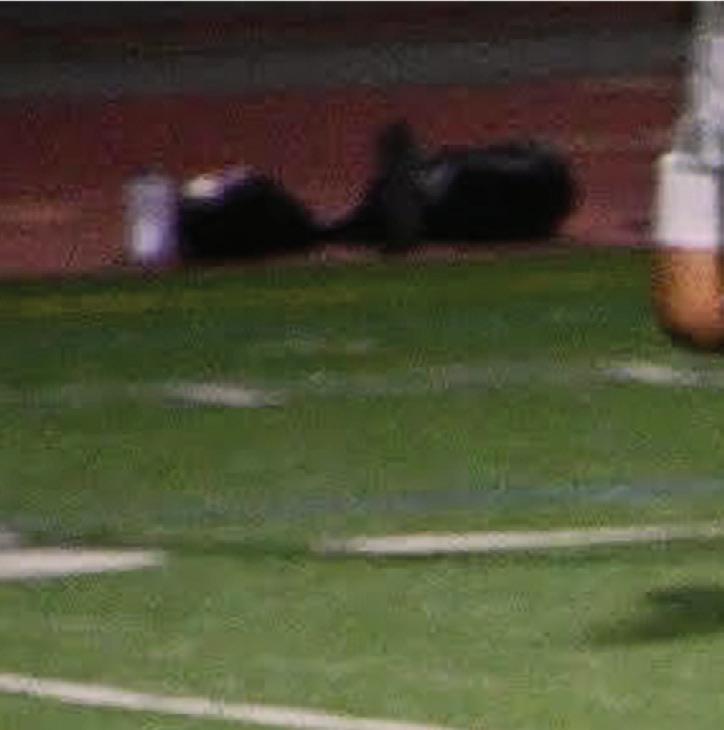

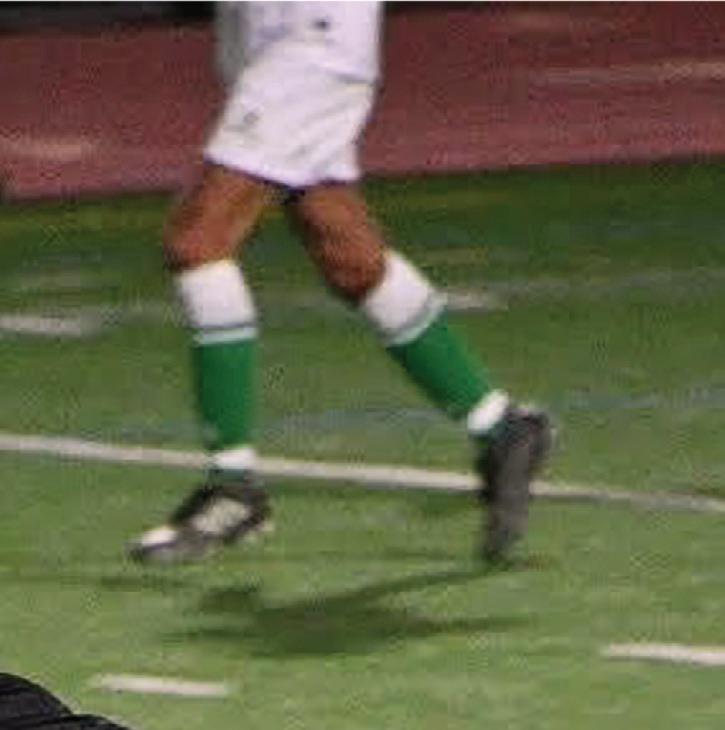

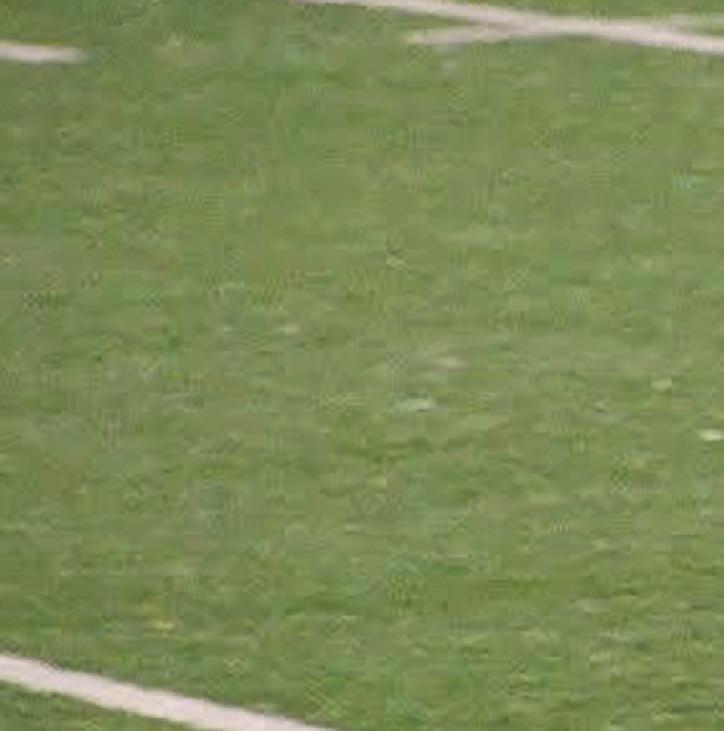
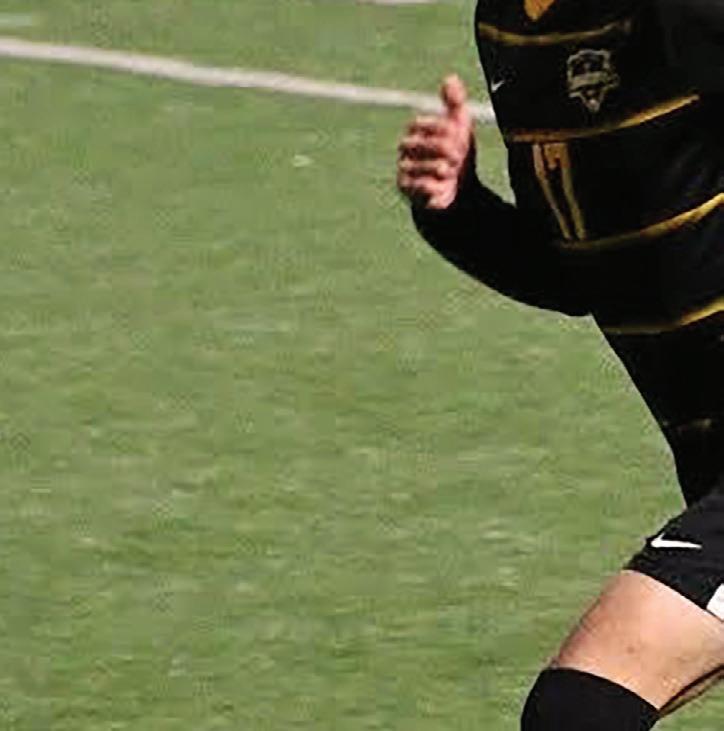

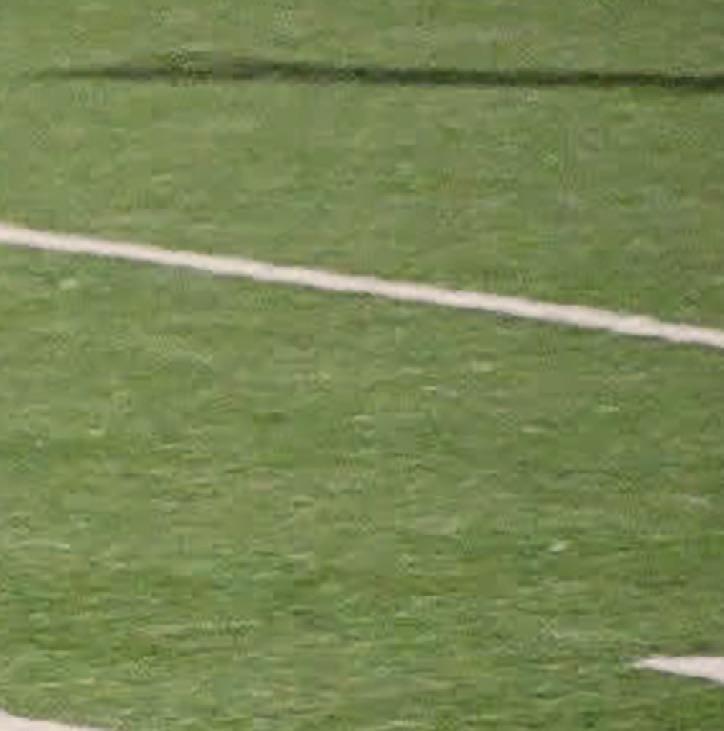
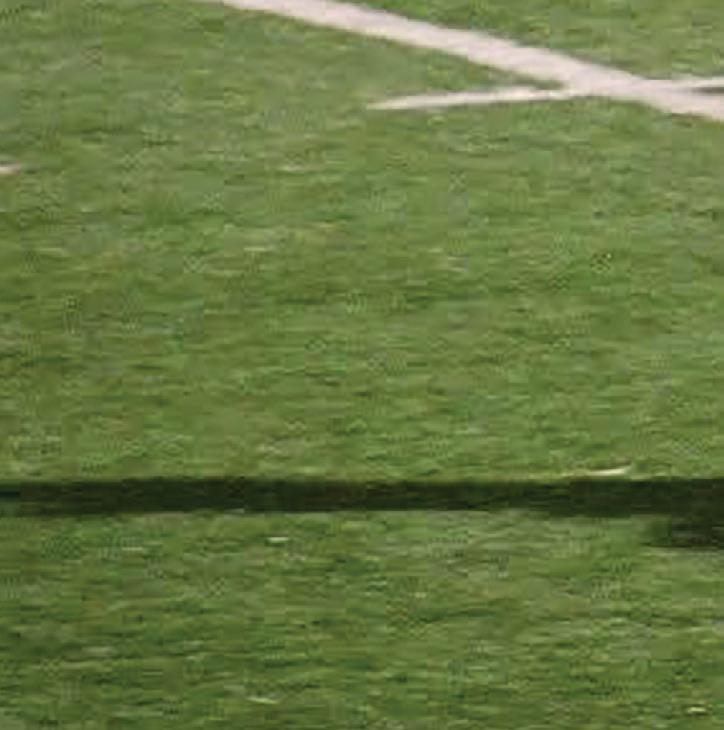
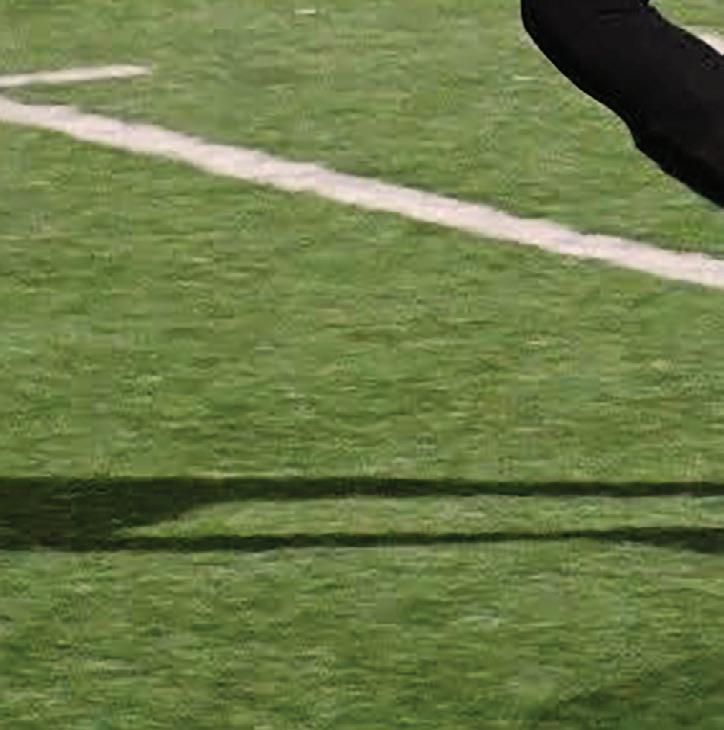
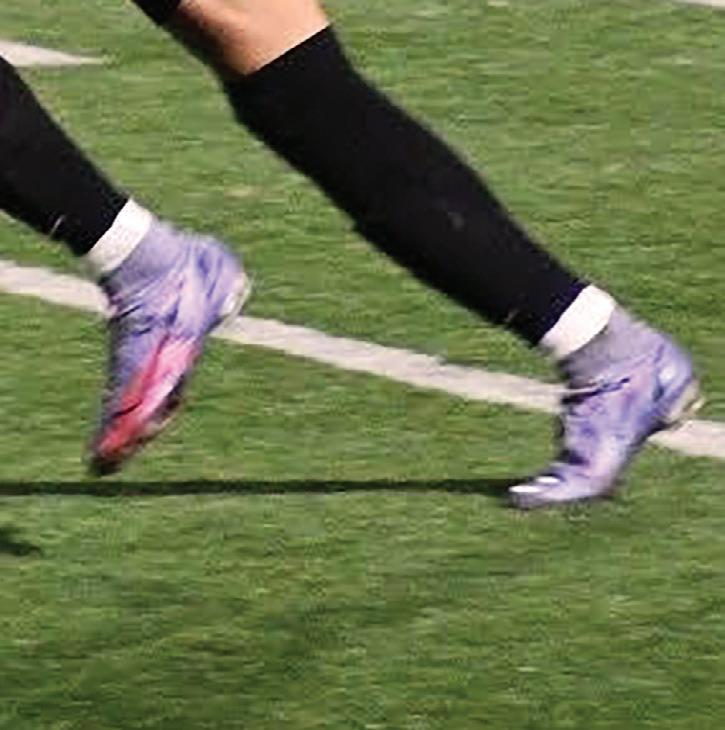



As the summer break approaches, Luc and Julie will be enjoying their summer before the college app filled months start to creep in. Both will be surrounded by friends this summer and consecutively participating in sports as well. They are looking forward to finally being done with the second semester because of how many communities they have had to juggle. Being as committed as both twins are at such a young age, their skills of devotion to their sport as well as putting themselves first will serve them well in college. One day, the Bortolato twins will value remembering the laughs, and smiles that filled their high school experience. Despite their busy schedules, they made time for their friends, and enjoyed their high school experience to the fullest. As a result, Luc and Julie were able to maintain their grades, excel in sports, and build lasting friendships. They learned that the social benefit was not a distraction; rather, it was the secret to their success.
 previous page: Luc running on the field during highschool soccer game.
previous page: Luc running on the field during highschool soccer game.





















- Admin. “Effect of Sports on General Health.” Manhattan Medical Arts., 13 Dec. 2022, https:// manhattanmedicalarts.com/blog/effect-of-sports-ongeneral-health/
-West, Mary. “Maslow’s Hierarchy of Needs Pyramid: Uses and Criticism.” Medical News Today, MediLexicon International, https://www.medicalnewstoday.com/ articles/maslows-hierarchy-of-needs#applications.
-Sreenivasan, Shoba, and Weinberger, Linda. “Why We Need Each Other.” Psychology Today, Sussex Publishers, https://www.psychologytoday.com/us/blog/emotionalnourishment/201612/why-we-need-each-other.
-Bernabe, Angeline Jane. “College Athlete Speaks out about Mental Health Pressures, Gives Advice to Coaches, Parents.” Good Morning America, Good Morning America, https://www.goodmorningamerica.com/wellness/story/ college-athlete-speaks-mental-health-pressures-advicecoaches-84050440.
-Brooks, Gillian. “Pressure from Parents Can Cause Mental Health Issues on Student Athletes.” Https:// Www.wbrc.com, 19 Aug. 2022, https://www.wbrc. com/2022/08/19/pressure-parents-can-cause-mentalhealth-issues-student-athletes/.
-“Effect of Sports on General Health.” Manhattan Medical Arts., 13 Dec. 2022, https://manhattanmedicalarts.com/ blog/effect-of-sports-on-general-health/.
-Gannaway, Owen. “The Strain of Sports: Why Taking a Break Is Important.” Spartan Shield, https://spartanshield. org/31759/sports/the-strain-of-sports-why-taking-abreak-is-important/.
-Luc Bortolato, personal interview, 3/8/23, Mountain View High School.
-Julie Bortolato, personal interview, 3/24/23, Mountain View High School.











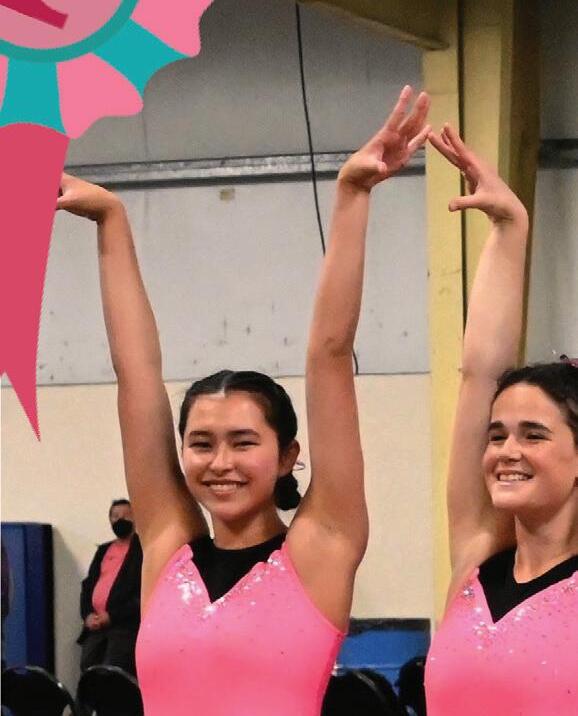



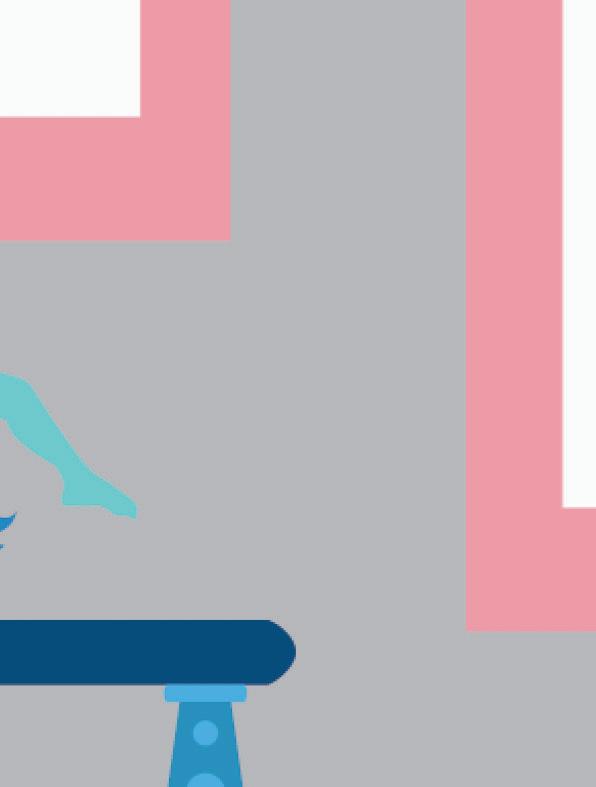





Felicia Wagner is a 17-year-old junior at Mountain View High School. On the days she is not in school she enjoys the outdoors, spending time with her pup, making name cards for her friends, and going on long drives through the hills. She hopes to pursue Graphic Design in college. She adores attending all of her classes at Freestyle because she has never been able to apply her creativity like she can through all the amenities Freestyle has to offer. She also plans to advocate for young teens who struggle with Mental Health and hopes that her skills in visual communication will aid in spreading awareness.

